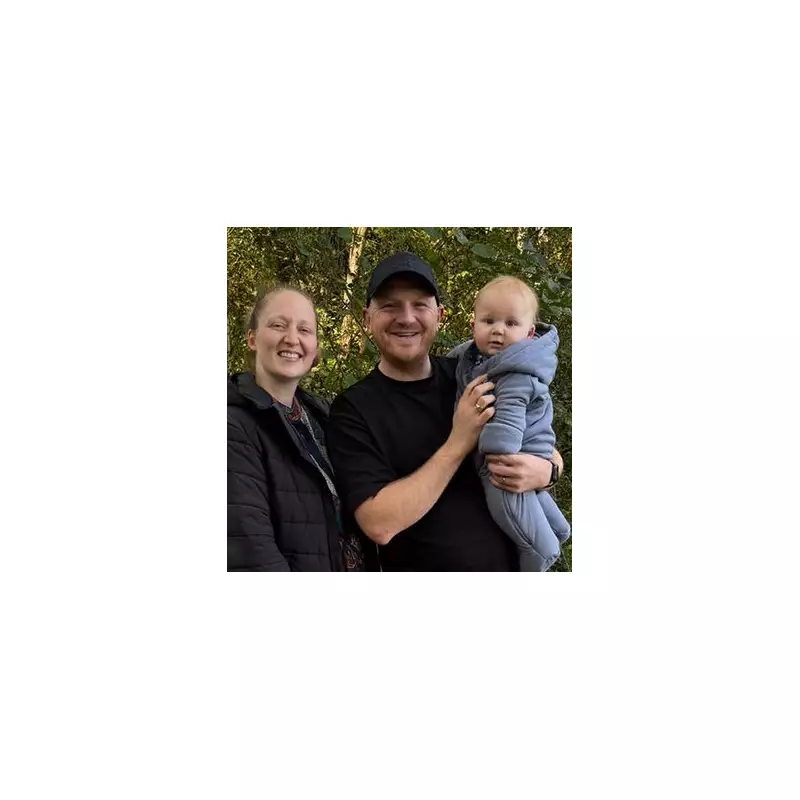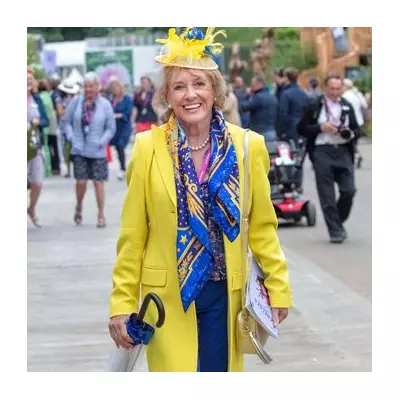
When first-time mother Grace noticed something unusual about her baby daughter's eye, she never imagined it would lead to a life-changing cancer diagnosis. What began as a mother's instinct would soon become a race against time to save her child's vision and life.
The Discovery That Changed Everything
It started with a subtle white glow in baby Isla's eye that appeared in certain lighting conditions. "I first noticed it when taking photos," Grace recalled. "There was a white reflection where there should have been red-eye. My maternal instinct told me something wasn't right."
Despite initial reassurances from friends and family who dismissed her concerns, Grace persisted in seeking medical attention. Her determination would prove to be lifesaving.
Rare Cancer Diagnosis
After multiple GP visits and referrals, Isla was diagnosed with retinoblastoma - a rare and aggressive form of eye cancer that primarily affects young children. The condition affects approximately 50 children in the UK each year, making early detection crucial for successful treatment.
"Hearing the word 'cancer' in relation to your baby is every parent's worst nightmare," Grace shared. "The world seemed to stop in that moment."
NHS Specialist Team Springs Into Action
The family was immediately referred to the specialist retinoblastoma service at Birmingham Women's and Children's Hospital, one of two dedicated centres in the UK treating this rare condition.
The medical team moved quickly, implementing a comprehensive treatment plan that included:
- Advanced laser therapy to target the cancerous cells
- Regular examinations under anaesthetic to monitor progress
- Cutting-edge imaging technology to track the tumour
- Ongoing specialist care and monitoring
A Mother's Warning to Other Parents
Grace is now passionate about raising awareness of the signs of retinoblastoma, particularly the tell-tale white pupil reflection that first alerted her to the problem.
"If I can help even one family spot the signs early, our journey will have meaning," she said. "Trust your instincts as a parent - you know your child better than anyone."
Recognising the Signs of Retinoblastoma
Parents should look out for these key warning signs:
- A white reflection in the pupil, particularly in photographs
- A squint or misaligned eyes
- Redness or swelling of the eye without infection
- Poor vision or unusual eye movements
Hope for the Future
Thanks to the swift action of NHS specialists, Isla's treatment has been successful, and her sight has been preserved. The family continues with regular check-ups but remains optimistic about her future.
"The NHS team has been incredible throughout this journey," Grace said. "They've not only saved my daughter's eye but given us our future back. We'll be forever grateful."
This heartwarming story serves as both a tribute to the specialist care available through the NHS and a crucial reminder to parents about the importance of early detection in childhood cancers.





